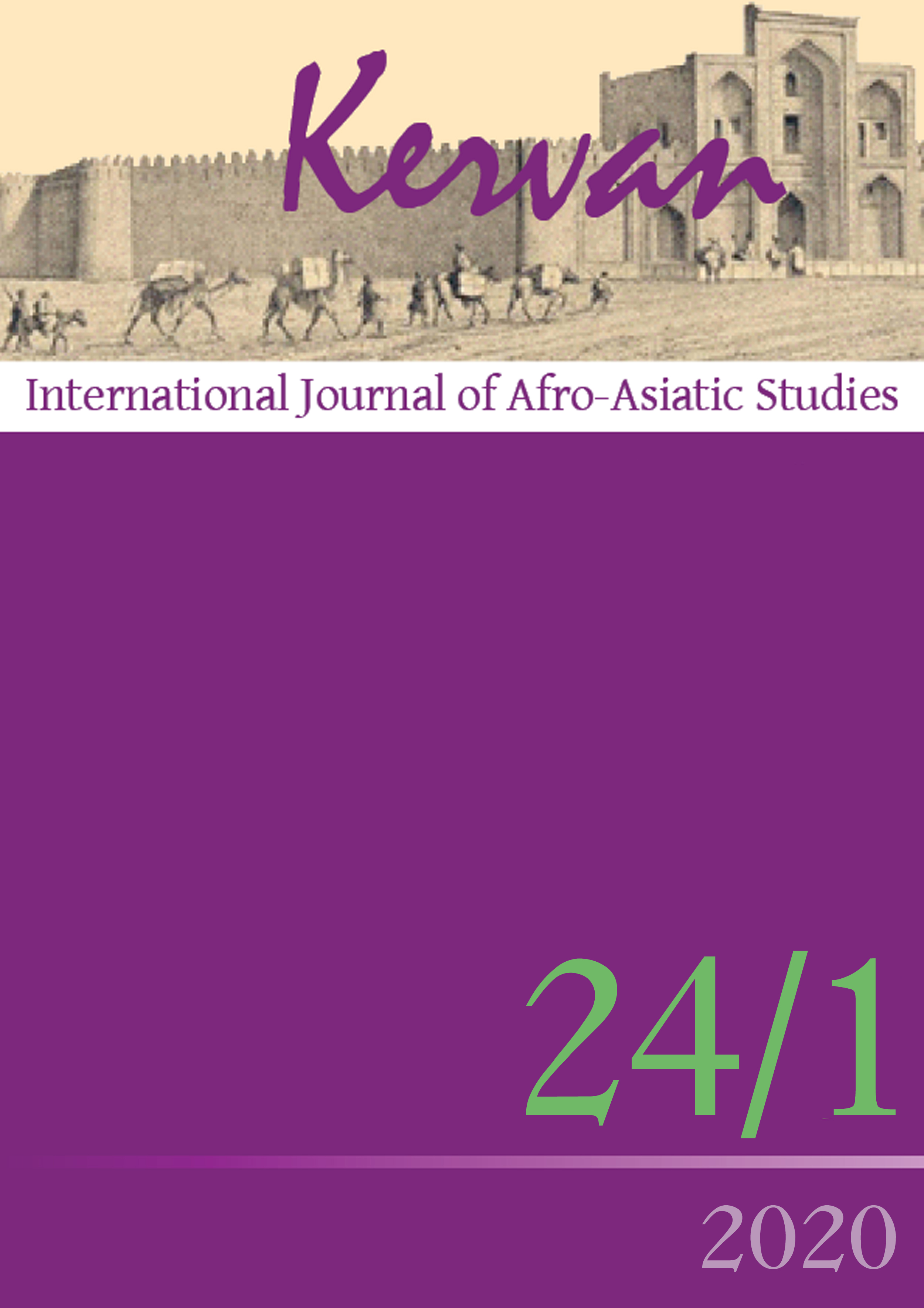The Language of Death and Bare Life: Revisiting Forugh Farrokhzād’s Poetry
Abstract
Death is a timeless subject which has occupied the minds of human beings throughout their far-reaching history, and scholars and writers have dealt with this subject in their own ways. In contemporary Persian poetry, death has an imposing presence, a good many modernist poets have tried to tame this wild subject in their artistic work, especially the poets who were writing during the period from the 1953 Iranian coup to the very beginning of the 1970s, when a degree of social peace and prosperity began to shine on the whole nation. An influential poet who was active at the first half of this period was Forugh Farrokhzād (1934-1967), who believed that every human being discovers the secret of their individuality in the mirror of their death, and it is in the face of death that they mature.


 The articles that have appeared on Kervan since 2016 are rated as Class A in the system of National Scientific Qualification (ASN, disciplines 10/N1 and 10/N3).
The articles that have appeared on Kervan since 2016 are rated as Class A in the system of National Scientific Qualification (ASN, disciplines 10/N1 and 10/N3). The journal has been approved for inclusion in DOAJ. The DOAJ listing of the journal is available at
The journal has been approved for inclusion in DOAJ. The DOAJ listing of the journal is available at  The journal has been approved for inclusion in ERIH PLUS. The ERIH PLUS listing of the journal is available at
The journal has been approved for inclusion in ERIH PLUS. The ERIH PLUS listing of the journal is available at  Kervan was just accepted for indexing in SCOPUS. This important milestone ensures that articles published in Kervan are easily found when searching for library, archives and Information science and it enables Kervan authors to keep track of how often their article has been cited by others.
Kervan was just accepted for indexing in SCOPUS. This important milestone ensures that articles published in Kervan are easily found when searching for library, archives and Information science and it enables Kervan authors to keep track of how often their article has been cited by others.
